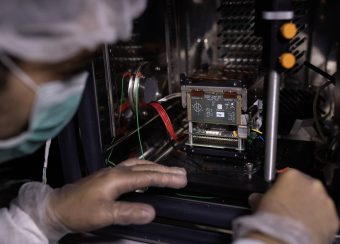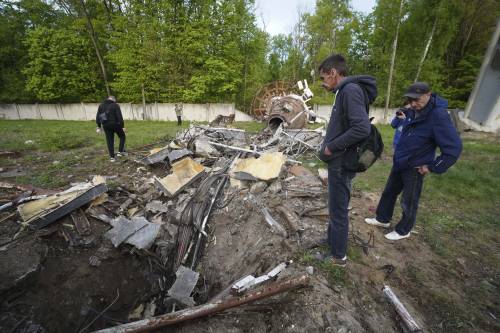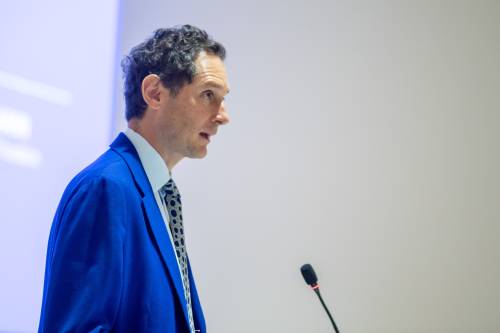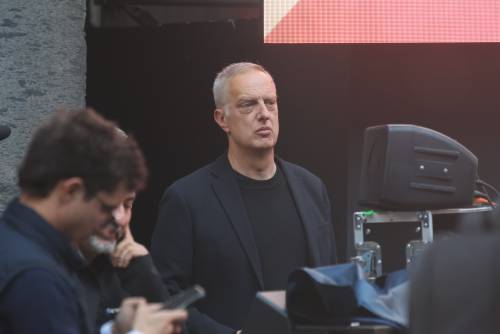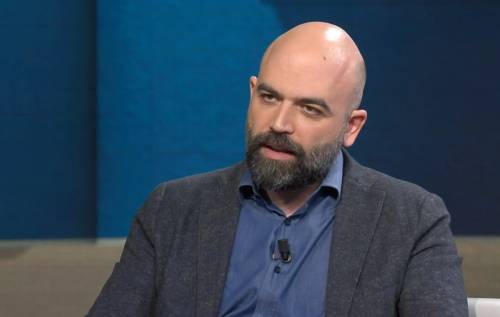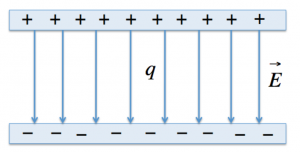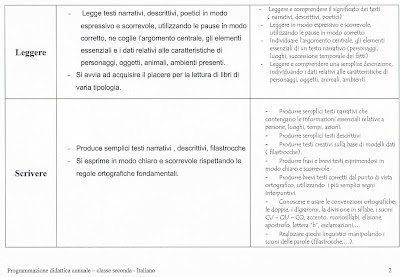We are glad to present here a brand new article written for CSED’s readers by Diego Alonso Huerta J., a young virtual ethnographer based in Helsinki.
It consists in an innovative methodological proposal for the study of a fascinating online social phenomenon: Twitch Plays Pokemon (TPP), a mass played videogame experience that involved users from all around the world and, more interestingly, surpassed the creative limits and meanings intended for the original Pokemon Red game, creating a whole new universe of signifiers interpretable only to participants – what the author describes as a form of “cyberfolklore”. Here is an introductory excerpt from the article (downloadable pdf here):
“On February 12th, 2014 the webpage www.twitch.tv (Twitch) decided to stream an online version of Pokemon Red that lasted for approximately 16 days, with the particularity that it could be played by all users at the same time. Twitch is a site focused on videogaming, allowing users to stream and watch videos of people playing, along with a chat interface that can be used to communicate. Streams include not only the videogame screen, but usually also a video of the players’ reactions as they play. […] This crowdsourced gameplay was intended to be a “social experiment” that drew on the infinite monkey theorem; namely, that if a monkey were given an infinite amount of time to randomly hit keys in a typewriter, it would eventually end up writing the complete works of William Shakespeare. In this case, the premise was that if thousands of users input mostly contradictory commands simultaneously, they would by and by end up beating the game anyway. […] However, far from demotivating players from continuing with the game, these peculiarities fostered the emergence of creative interpretations of such unpredictable and random events, creating a whole mythology to explain them”. For instance: “after receiving his first pokemon, the character (named “RED”) acquired some more, usually renaming them after capturing them. Two names are important so far: “JLVWNNOOOO” and “ABBBBBBK(” (the starter pokkemon); or “Jay Leno” and “Abby”, respectively. These names are just a random sequence of characters because of the lack of capacity to coordinate planned commands in this game; at the same time, the community re-renamed the creatures outside the tight parameters of the program, based on the letters that were chaotically chosen”.
At first sight, this may seem just nerdish stuff: why should we sociologically care about thousands of video-gamers playing together Pokemon Red while collectively, randomly inventing new names and mythologies about the characters? Well, there are several good reasons for caring a lot.
First, Twitch Plays Pokemon is a matter of collective action, a metaphor for broader and more familiar social and political processes: “as the game progressed, ideological issues started to arise regarding a “debate” between “anarchy” and “democracy”: when the players reached a seemingly never-ending puzzle, the programmers decided to incorporate an option for constantly voting for either continuing with the same chaotic input, or rather performing the mode command out of ten consecutive inputs”.
Second, this collective action is technologically mediated and digitally situated, being enacted in in a specific online context, with given communicative constraints and affordances, and in a limited period of time. This entails stimulating methodological implications, brilliantly addressed by the author:
“Let us imagine that no trace of kula was left nowadays, or that we were only interested in its “classic” version, for that matter. We would be constrained to a historiographical study of these people that Malinowski interacted with so many years ago, mostly drawing on the existing archives regarding this topic. Their voices, thus, could only be accessed from the present by means of appealing to a discourse that has already interpreted the original data. Nevertheless, the players of TPP are still alive and most probably still gaming. Thus, even though it was a community that only existed within a very specific realm in a virtual space timed in the past, it is also a community that can be reintegrated, at least partially, in order to recreate a sample of what existed a few months ago. Ethnography (or “netnography”), in other words, is still plausible. In short, we can do this by making use of the same platform that made TPP possible: Twitch. As we mentioned before, it allows users to live stream themselves discussing matters related to videogames (what they call talk shows), having the chat interface as a means to obtain virtually immediate feedback. In theory, with the proper hardware and equipment, it would even be possible to receive voice calls live. The proposal, then, is to ask for permission from Twitch in order to conduct what we will from now on call a “live streamed inquiry”; consisting of an elicitation of images and videos presented in the streaming, along with questions proposed by the researcher and eventually answers to the questions and comments raised by the informants. Ideally, then, it could be possible to have some of the former participants of TPP to engage in our experiment”.
Third, Twitch Plays Pokemon is more than online gaming: it is a small world in action, a provisional tribe of users that in sixteen days generated a shared culture by means of a chaotic and casual interplay between individual practices, aggregated outcomes and technology. A form of “cyber-folklore”, as concrete and inter-subjectively real as any other offline-based cultural narrative:
“We see that a history was created and not only a story. In other words, while the original storyline was complemented with additional elements, special moments were also registered in the memories of the players because they became meaningful to them. In addition, other virtual platforms (such as YouTube, Facebook, Reddit, Deviantart and 4Chan) were used to create images and texts that reproduced this metagame. Eventually, even concrete, tangible cultural products such as graffiti on physical spaces were created.”
To conclude with the author’s words:
“In short, then, we allege that TPP, a crowdsourced way of playing Pokemon Red that took place in a finite time and within a particular online platform, gave rise to a metagame or original system of meanings that is shared only by those playing together, which can be conceived as a modern day equivalent of folklore; and can be studied at its most by using the same platform that allowed it to exist in the first place. How exactly? By using a live streaming interface embedded within the Twitch web page, with the very same chat mechanism that gave birth to the phenomenon we want to study. The method, thus, would consist of streaming ourselves into a video session – what Twitch calls a “talk show” – where our informants, the viewers, can give us feedback by means of typing their answers, thoughts, opinions and questions into the chat window. In such a way, we merge into the same environment as them, and approach them from the inside as an ethnographer would do with a community within a physical space.”
Massimo Airoldi (@massimoairoldi)
Diego Alonso Huerta J. is an anthropologist. He has studied at Pontificia Universidad Católica del Perú and written his thesis about (Neo)paganism as a new form of religiosity in Lima. He is now working on an article about how (neo)pagans in Lima use virtual spaces to overcome discrimination in hyperregulated public spaces. He is also working on his thesis for his MA degree (Religious Roots of Europe), which is about the use of sources such as “ancient graffiti” left by pilgrims in catacombs in order to access popular voices concerning early Christianity. He is interested in the study of religion in general, in methodology and in researching about identities, ritual, folklore, use of spaces.
L'articolo Twitch Plays Pokemon: a netnographic approach to cyberfolklore sembra essere il primo su Centro Studi Etnografia Digitale.






